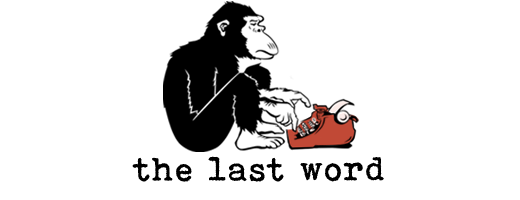See more: Poetry
Sold Out
The Stasi Poetry Circle: The Creative Writing Class that Tried to Win the Cold War
Rs.1,895.00
Author Philip Oltermann
This product is sold out
The extraordinary true story of the Stasi's poetry club: Stasiland and The Lives of Others crossed with Dead Poets Society.
'Engrossing.' Observer
'Remarkable.' The Times
'Magnificent.' Phillipe Sands
'Gripping.' Literary Review
'A history so outlandish and unlikely that you feel it must be true . . . [A] grippingly well-written book.' Anthony Quinn, Observer Book of the Week
In 1982, East Germany's fearsome secret police - convinced that writers were embedding subversive messages in their work - decided to train their own writers, weaponising poetry in the struggle against the class enemy. Once a month, a group of soldiers and border guards gathered in a heavily guarded military compound in East Berlin for meetings to learn how to write lyrical verse.
Journalist Philip Oltermann spent five years rifling through Stasi files, digging out lost volumes of poetry and tracking down surviving members of this Red poet's society, to illustrate the little known story in which spies turned poets and poets spies.
'Engrossing.' Observer
'Remarkable.' The Times
'Magnificent.' Phillipe Sands
'Gripping.' Literary Review
'A history so outlandish and unlikely that you feel it must be true . . . [A] grippingly well-written book.' Anthony Quinn, Observer Book of the Week
In 1982, East Germany's fearsome secret police - convinced that writers were embedding subversive messages in their work - decided to train their own writers, weaponising poetry in the struggle against the class enemy. Once a month, a group of soldiers and border guards gathered in a heavily guarded military compound in East Berlin for meetings to learn how to write lyrical verse.
Journalist Philip Oltermann spent five years rifling through Stasi files, digging out lost volumes of poetry and tracking down surviving members of this Red poet's society, to illustrate the little known story in which spies turned poets and poets spies.

